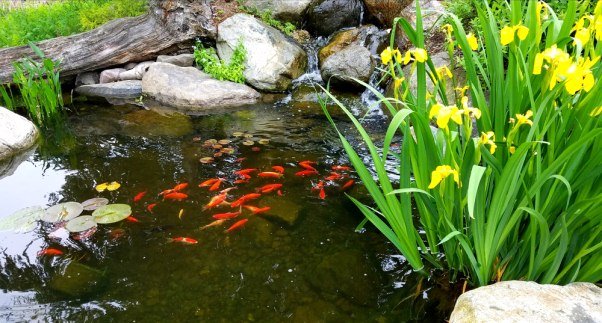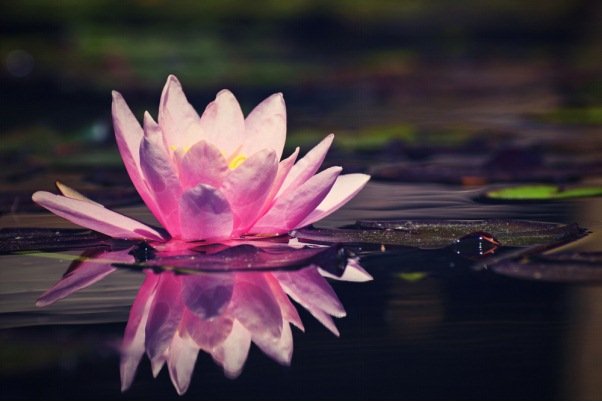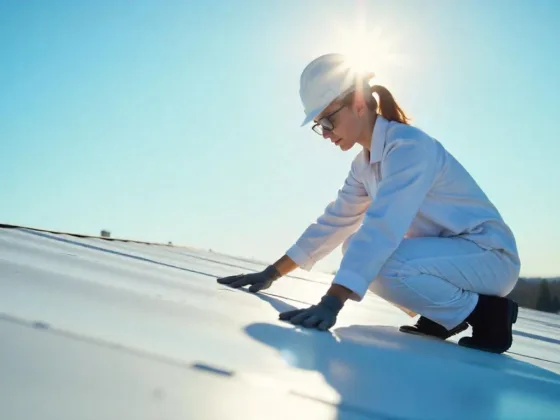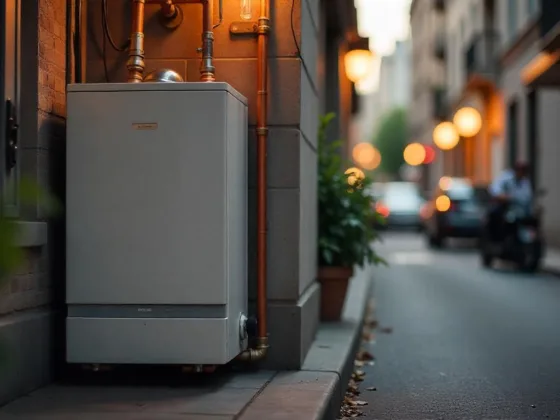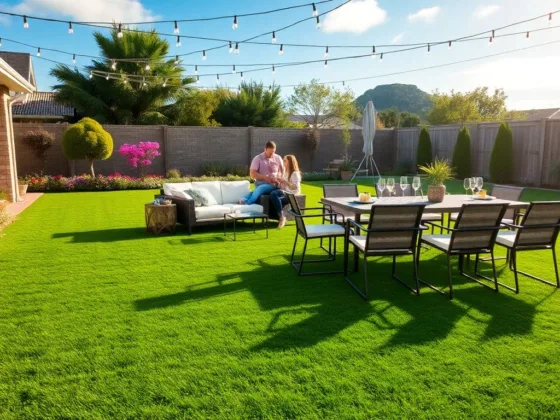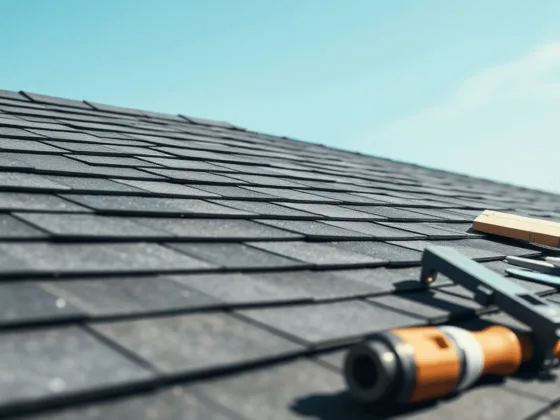Table of Contents Show
The dangers of stagnant water are well-documented. Still, water is a popular breeding ground for unfriendly bacteria and is often home to the larvae of disease-carrying insects like mosquitoes.
Waterborne diseases will spread easily when still water comes into contact with edible plants, and contamination can spread across other water sources. This makes maintaining the health of your fish pond clean and vital for the overall health of your garden.

How to Maintain a Healthy Fish Pond
With all of this in mind, maintaining a healthy fish pond isn’t all that difficult, despite the dangers. With a good pump and some decent shelter, the risk of contamination goes way down.
Read Also:
Pond Pumps
There’s an art to choosing the right pump for your pond. If you’re to have underwater plants with long leaves, or small fish, you’ll need a pump designed not to allow any of these to get caught.
Do you want a waterfall, or a fountain, or a peacefully still pond? Filter and circulation pond pumps will move water through your pond to keep it aerated, while fountain pumps will pump water vertically, which is even better for aeration.
As well as oxygenating the water, pond pumps can filters out contaminants, so it’s important to remember to clean the filter regularly.
There are accessories and options available for difficult electricity situations too. You can get low-voltage pumps to work with limited electricity, and, as always, solar power accessories are available for a sustainable garden.
The benefits of these are that you won’t have to run along an electrical cord through your backyard, and solar panels will pay for themselves before long as you save on electricity costs. Solar power is a sustainable option, good for the global environment, and therefore, the best choice for your pond environment too.
Fountain Filtration
The important things to remember are that you do actually need a pump for your pond, no matter how small it is, and that the right pump will filter your pond at least once per hour. So, know the volume of water that will fit in your pond, and choose a pump with a higher rate of filtration than that volume.
Head height is another important pump factor – the pump will only work up to a certain height, and no higher. This is especially relevant for fountains – it’d be a pretty sad fountain if the water could never reach the top, so be sure to choose a pump with a head height higher than the height of the fountain.
Aeration Advantages
Aeration is the key to avoiding stagnant water. That’s why pumps are so important – surface agitation, and general movement is enough to keep a good amount of oxygen in the water.
The reason good oxygenation matters so much is because it’s the anaerobic bacteria that will cause most of the problems associated with still water.
Anaerobic means that they will thrive where there’s a lack of oxygen, so aeration prevents these bacteria from getting a foothold.
The bacteria will often affect the nitrogen balance, as well as change the pH of the pond, which will be bad for the health of both your pond fish and water plants. This, in turn, will affect the health of your entire backyard ecosystem.
Mosquitoes are happy to leave larvae in still water, and even if they weren’t the most annoying bug in the world, they are known for carrying the disease. Keeping your pond healthy and aerated will help keep the invading insects out.
Spring Cleaning
Cleaning your pond at least once annually is vital for maintaining a healthy fish pond. Taking all the fish and plants out, preferably at some point in late winter or early spring, will allow you to clear the debris that has accumulated in the depths.
Clear the leaves that have dropped into the pond, as well as any algae, and the waste produced by your fish, and keep these to use later as fertiliser!
This is also a prime opportunity to clean and maintain your pond pump properly. Regular checks will keep it flowing properly all year round, so it’s worth taking an afternoon to ensure it’s still pumping water to the standard you need.
Do it quickly though – your fish may be fine sitting in stagnant water for an hour or so, but too long and it’ll be detrimental to their health.
Be careful to keep them out of the sunshine too. If they’re used to being sheltered by water lilies and other pond plants, then sitting in buckets under direct sunlight isn’t going to be much fun for them.
Not all contamination is bad contamination. The built-up algae and detritus can be put directly on the garden as fertiliser or mixed in with existing compost. Maintaining all of this in a closed-loop will be great for the organic cycle of your garden.
Keeping the plants around your pond healthy will contribute to the good health of the pond itself, and in turn, the health of your fish. Fully cleaning out the pond isn’t necessary to clear an overgrowth of algae either – taking a rake across the top every few months will grab all the floating debris for your to use as fertiliser, as long as you avoid damaging your water plants.
A Passion for Planting
Adding submersible, floating, and oxygenator plants to your pond are important for creating a healthy environment for your fish. Just don’t overdo it, and choose carefully. Choosing the right plants to sit nearby will affect the system too – their roots will get the advantage of water overflow in the rain, and their leaves will provide shelter from the sun.
Providing shelter for the fish is important – you don’t want a coy koi to catch a cat’s eye. But choosing the right plants will involve thinking about how likely a plant is to overgrow and steal all the nearby nutrients, preventing other plants from growing.
A healthy pond will have a good variety of healthy plants, and an organic cycle with no waste, but also no excess for unwanted invaders to take advantage of.
Maintaining a healthy fish pond is about more than plants and pond pumps. Regularly checking the outdoor environment for changes, like algae overgrowth, will allow you to keep track of the health of your pond. Your fish will thrive under your tender care.
Author Bio
Nichola Madonna is a passionate gardener and digital marketing specialist from Ballarat, Australia. Writing about everything from irrigation supplies to botanical etymology, Nichola is fascinated with the cultivation of nature, and Doctor Who.

